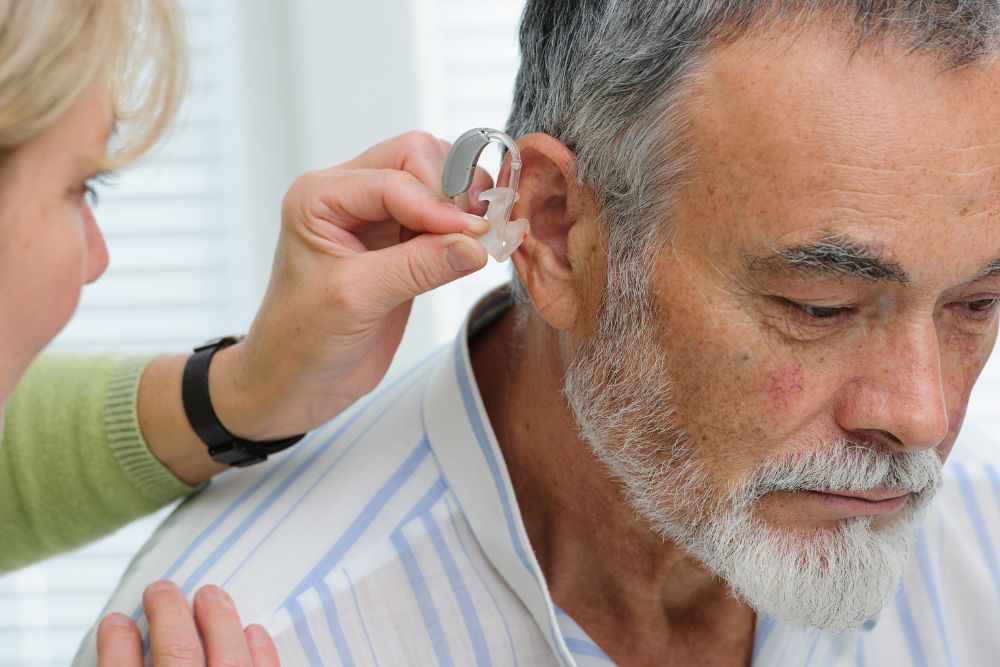
Hearing loss affects about one in three seniors over the age of 65.
Results from the recently published Ageing and Cognitive Health Evaluation in Elders (ACHIEVE) study show that treating hearing loss can significantly reduce cognitive decline in older adults by 48% over a three-year period.
This effect was seen in a cohort of 250 adults recruited from an ongoing heart study in the United States, who were older and at a higher risk of getting dementia.
The remaining population of 739 newly recruited adults from nearby communities, who weren’t as likely to get dementia, did not exhibit a similar significant effect. The participants’ ages ranged from 70 to 84.
Advertisement

Dr Frank Lin, professor and director of the Cochlear Centre for Hearing and Public Health at Maryland’s Johns Hopkins University and one of the co-principal investigators of the ACHIEVE study, explains the implications of the study for silvers.
What does the study mean for older adults?

The ACHIEVE study results show that hearing intervention – treating hearing loss with
hearing may help older adults maintain their thinking and memory abilities as they get
older, particularly in those groups of older adults at increased risk for cognitive decline.
Why is hearing so crucial in preventing cognitive decline?
We’ve known for over a decade that hearing loss is strongly linked with the risk of dementia and cognitive decline.
However, we didn’t know if treating hearing loss could in fact reduce cognitive decline and potentially lower the risk of dementia.
There are three main mechanisms that may explain why hearing loss may be associated with
- First, with hearing loss, speech and sound are garbled by the time they reach the brain, which requires the brain to use extra effort for processing and deciphering this speech and sound. The brain then has fewer resources for activities like memory and executive function, which can eventually lead to cognitive impairment.
- Second, with hearing loss, the parts of the brain that are stimulated by speech and sound are now under-stimulated, which can lead to atrophy and changes in brain structure and function.
- Third, hearing loss can make communicating with others more difficult, which can then lead to social isolation, another risk factor for dementia.
Hearing loss is very common in older adults but often goes untreated. Treatment of hearing loss with hearing aids does not carry any health risks.
We recommend that clinicians encourage patients to get their hearing tested, and that people who have concerns about their hearing and their risk factors for cognitive decline discuss these concerns with their doctor and a hearing care professional who can help them address their hearing and communication issues.






